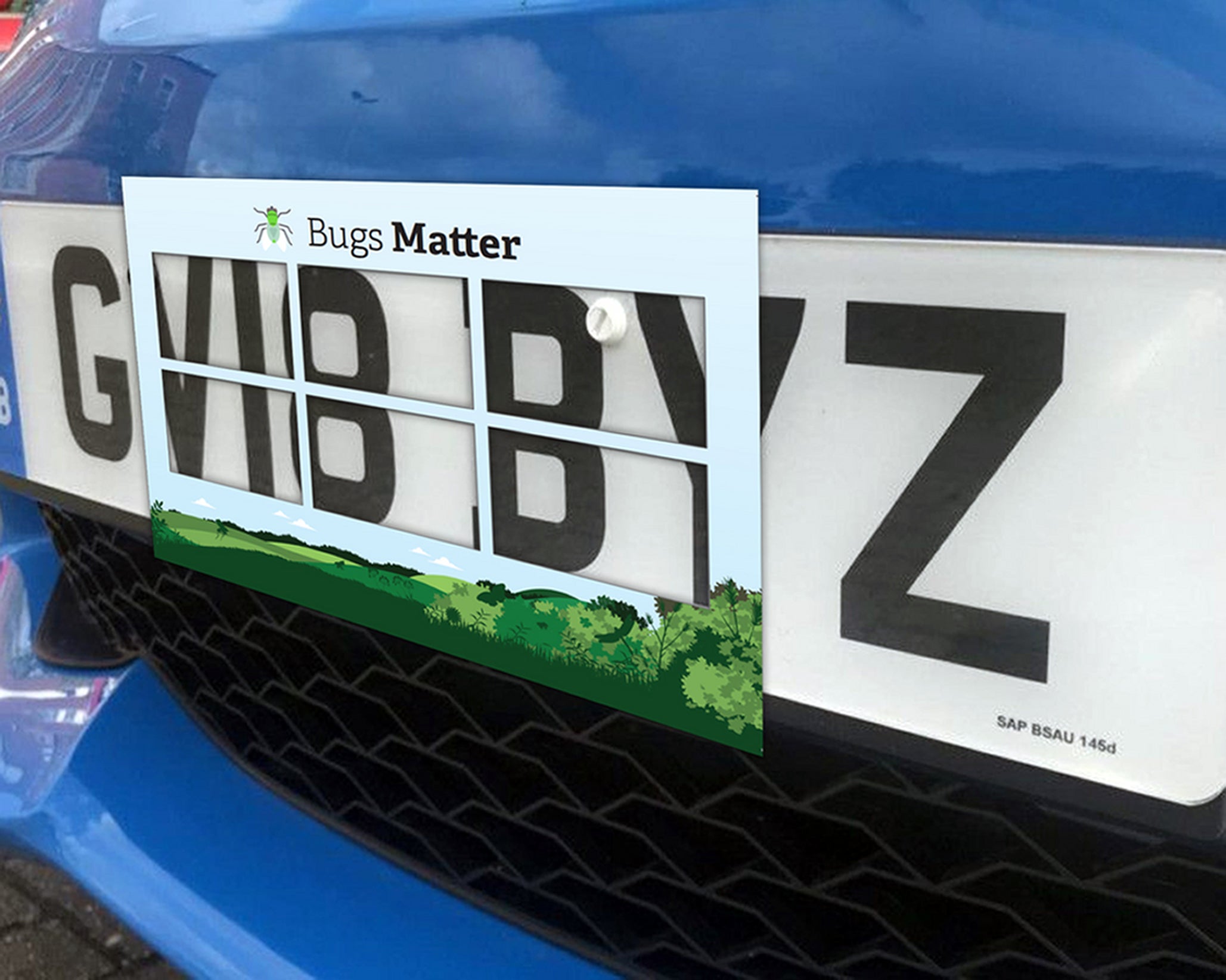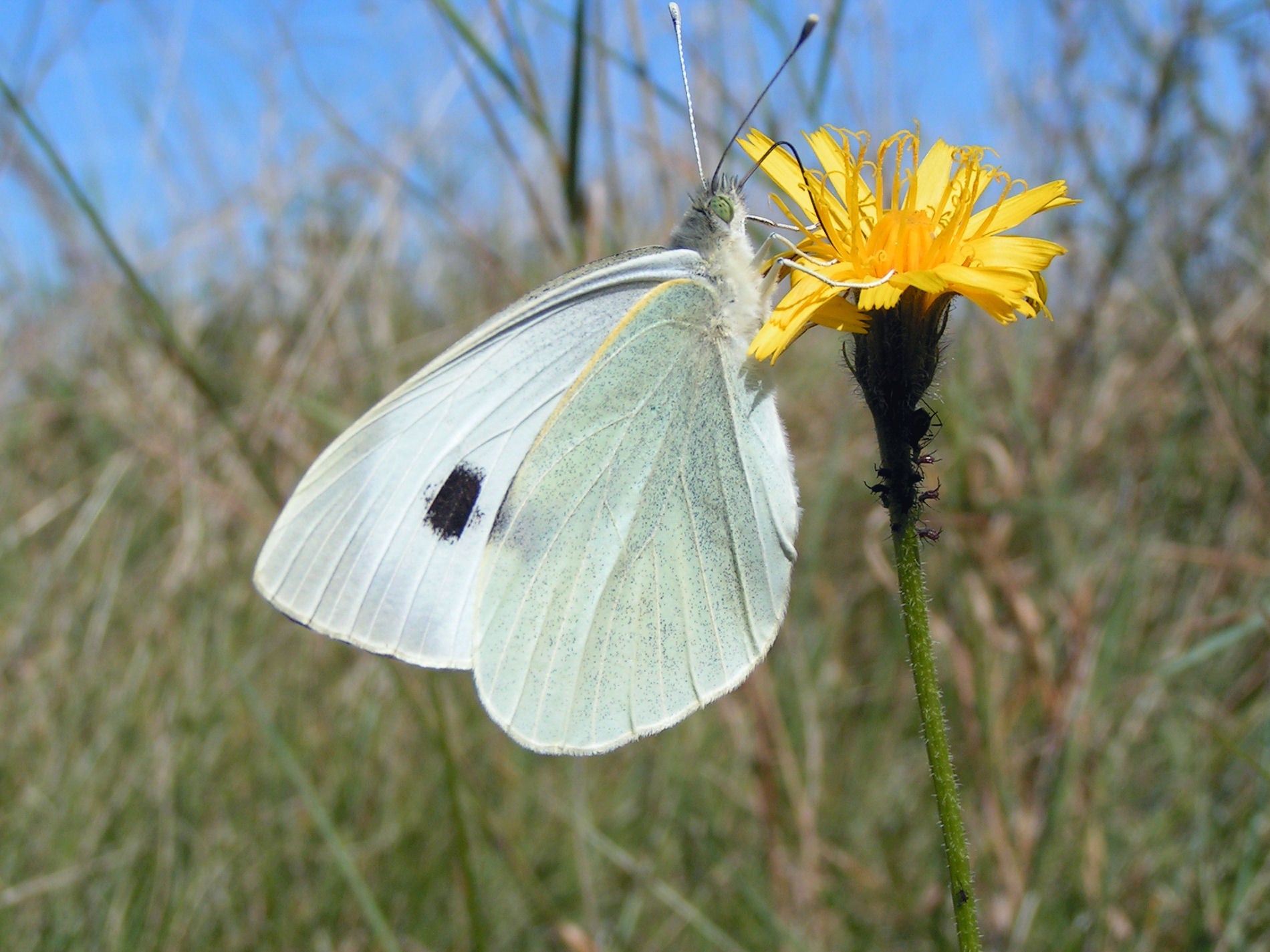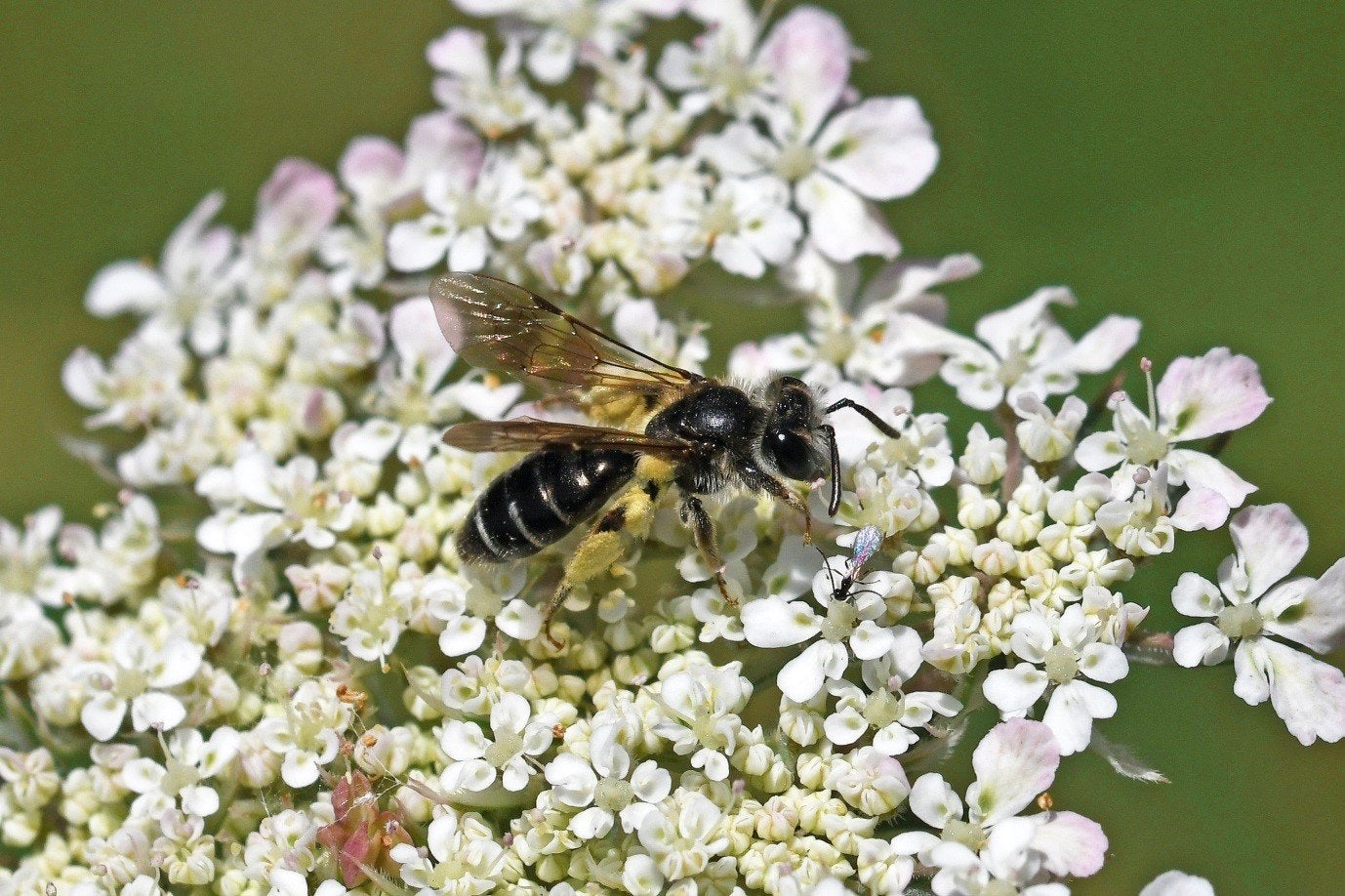Study that asked people to count squashed bugs reveals worrying results
Citizen science survey shows 78 per cent decline in ‘bug splats’ on number plates

Your support helps us to tell the story
From reproductive rights to climate change to Big Tech, The Independent is on the ground when the story is developing. Whether it's investigating the financials of Elon Musk's pro-Trump PAC or producing our latest documentary, 'The A Word', which shines a light on the American women fighting for reproductive rights, we know how important it is to parse out the facts from the messaging.
At such a critical moment in US history, we need reporters on the ground. Your donation allows us to keep sending journalists to speak to both sides of the story.
The Independent is trusted by Americans across the entire political spectrum. And unlike many other quality news outlets, we choose not to lock Americans out of our reporting and analysis with paywalls. We believe quality journalism should be available to everyone, paid for by those who can afford it.
Your support makes all the difference.A project asking people to count squashed bugs on their car number plates suggests flying insects have declined.
The citizen science survey led by Kent Wildlife Trust and Buglife showed a 78 per cent decline in “bug splats” on number plates across the UK since 2004.
The conservationists warned the dramatic falls in flying insects were a “red flag” for the state of nature in the UK which should not be ignored.
The Bugs Matter survey is based on the windscreen phenomenon – anecdotal evidence from drivers that they collect fewer moths, flies, aphids, bees and flying beetles on their windscreens than they did in the past.
The conservation groups said insects pollinate crops, provide natural pest control, decompose waste, recycle nutrients and underpin food chains, and without them Earth’s ecological systems would collapse.
But they are in decline due to loss and damage of habitats, climate change, pollution and pesticide use – with growing evidence these have caused significant drops in insect numbers in the UK and worldwide, the conservationists warned.
The now-annual survey asks members of the public to record the number of flying insects squashed on their number plate, and compares it with data from an RSPB analysis in 2004 which used the same methods.
Since the original survey in 2004, records from nearly 26,500 journeys across the UK have been analysed.

To take part in the scheme, drivers cleaned their number plate before making an essential journey, recorded the route on their mobile phone, and afterwards counted the insects squashed on it using a “splatometer grid” supplied as part of the survey.
They then submitted a photo and count details via the Bugs Matter app and the data was converted into “splats per mile” to make it comparable between journeys.
Some 6,637 journeys were made in 2023, and the results showed England had the sharpest fall of 83 per cent between 2004 and 2023, with the highest drop recorded in London, where there was a 91 per cent reduction.
Wales saw a 79 per cent decrease and Scotland a 76 per cent drop over the same period, while Northern Ireland – which has limited data – saw a 54 per cent decline between 2021 and 2023, the results revealed.

Dr Lawrence Ball, from Kent Wildlife Trust, said: “These results are extremely concerning, particularly if insect splats serve as an accurate measure of insect populations.
“This is a red flag for the state of nature in the UK that shouldn’t be ignored.
“A decrease in the number of insects sampled of more than 75 per cent in less than two decades is really alarming, and we’re seeing fewer insects being sampled every year.”
Andrew Whitehouse, from Buglife, said: “The latest Bugs Matter data suggests that the abundance of flying insects in our countryside has dramatically fallen.
“The consequences are potentially far-reaching, not only impacting the health of the natural world, but affecting so many of the free services that nature provides for us.”
He said the findings were similar to studies which had documented declines in insect numbers around the world.
Mr Whitehouse added: “Human activities continue to have a huge impact on nature – habitat loss and damage, pesticide use, pollution, and climate change all contribute to the decline in insects.
“Society must heed the warning signs of ecological collapse, and take urgent action to restore nature.”
Join our commenting forum
Join thought-provoking conversations, follow other Independent readers and see their replies
Comments